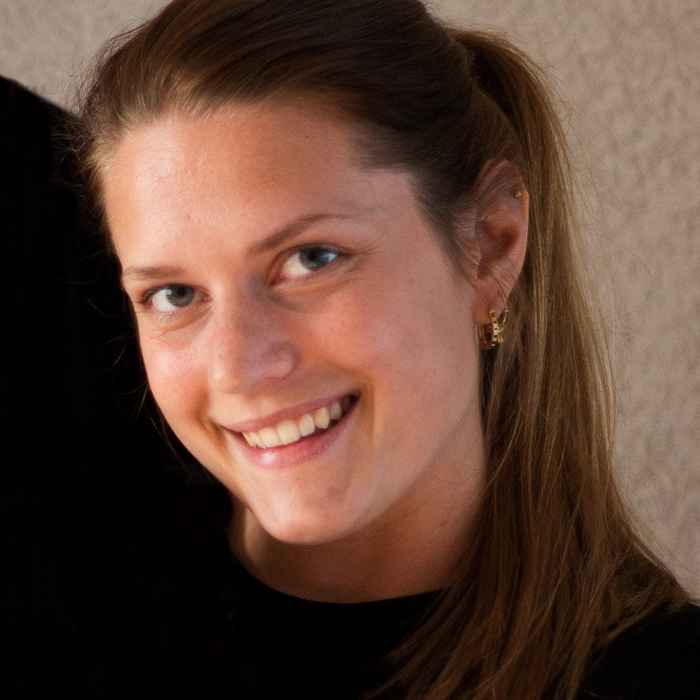Irene van Damme

Going in, I expected to work towards a career as a DNA expert. However, thanks to the broad coverage of subjects in the master’s, I realized that I was more intrigued by the wide variety of applications of forensic chemistry. That’s why in my second year, I chose to follow the elective course Chemical Analysis for Forensic Evidence. I then found a research project at TNO that combined biomedical sciences with analytical chemistry. Using liquid chromatography-mass spectrometry, I detected biomarkers of chlorine gas exposure in human blood.
I am now a PhD student in the Analytical Chemistry group of the Van 't Hoff Institute for Molecular Sciences, contributing to the INHERIT project. I’m working on two main research lines: chemical profiling of explosive precursors, and studying the transfer and persistence of explosive materials. The work is conducted in close collaboration with the IBED, NFI, TNO, FOI, and FBI. Our research will lead to new insights that support both source-level and activity-level evidence linking suspects to the preparation of homemade explosives. This project allows me to learn a lot about forensic chemistry, work with very experienced scientists, and apply several analytical techniques that were completely new to me at first. This inherently means that it is also quite challenging, and that it is not always easy to stay confident. Nevertheless, I feel lucky to be given this significant learning opportunity. After completing my PhD, I hope to combine my biomedical background with analytical chemistry, for example in the field of forensic toxicology.
What I personally gained from the master’s is insight into a lot of different forensic fields, a professional network and some good friends. I also developed my skills in (forensic) writing and experimental design, which I greatly benefit from in my work.
My advice to new Forensic Science students is to take shared lecture notes (in Google Docs, for example), to reach out to people in your field of interest about literature thesis or research project opportunities, and to develop some programming skills.